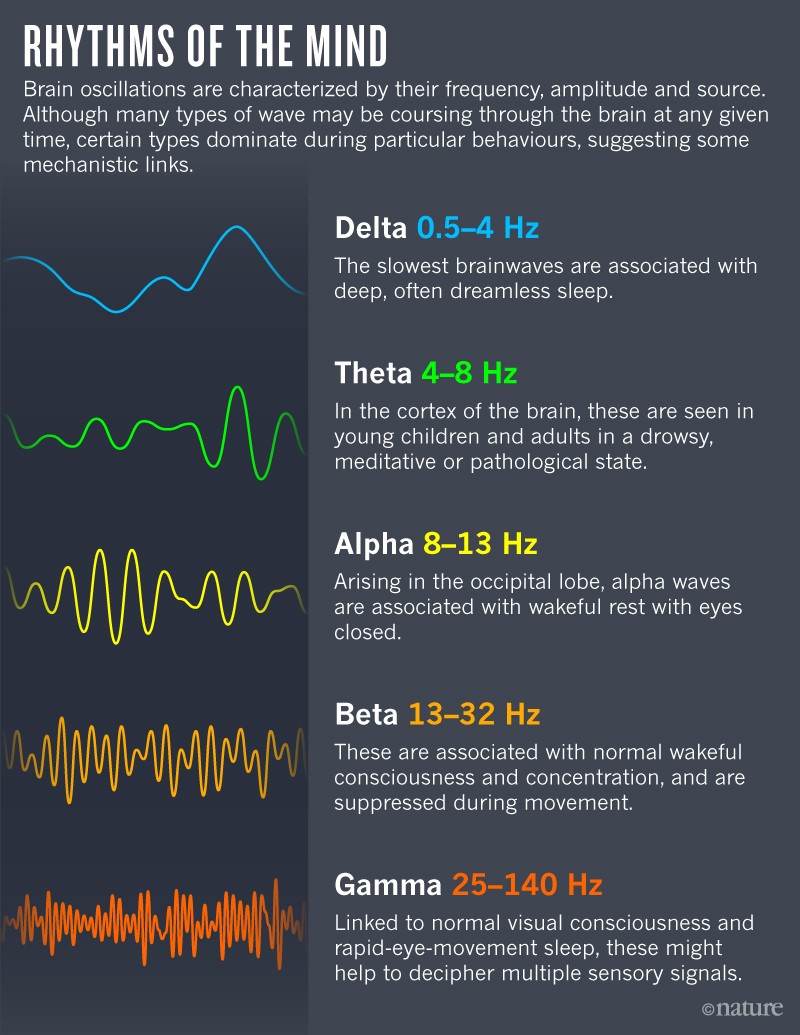THE BEGINNING OF HUMAN LIFE
When does life begin?
Does is begin with conception?
Does it begin when the sperm is accepted by the egg?
Does it begin when people are born?
The answer has always been a complex opinion.
However, in terms of the data, there is no mistake about the
date of when human life begins.
It begins in the first trimester.
No sooner.
Not until the fourth month.
Until then the fetus is a mass of genetic material that is a
possibility.
Conscious energy does not enter the fetus until after the
fourth month.
How do we know this?
Because we can ask people, “When did your conscious energy
(soul) enter your mother’s womb?”
The question has been asked in thousands of cases, in
thousands of clinical case studies by Dr. Helen Wambach, a clinical psychologist
from JFK University in her 2750 cases.
In her research, she never had a person who said they entered the womb
until after the sixth month. In her book “Life Before Life” Dr. Wambach refers
to her thousands of case studies.
According to Michael Newton, a hypnotherapist who did thousands
of cases before publishing “Journey of Souls” in 1994. In his research, he said that he never had a
case where a person claimed to enter the fetus until the fourth month. In his
interview for “Flipside: A Tourist’s Guide on How to Navigate the Afterlife” he
reported he’d never heard or seen an example prior to that fourth month.
"The first “trimester.”
Now, is it possible that someone somewhere has entered
previously? Some hypnotherapists have
reported that people are “there for the inception” – at the beginning, during
the sex act. Some people claim that they “encouraged” or helped facilitate their
meeting.
This is not opinion, theory or belief. It’s not an argument
about “when life begins” – it’s profoundly clear that humanity doesn’t yet
realize that life exists prior to life. That people report being “fully
conscious” prior to incarnation, that they can examine, talk about, plan their
future lifetime with the help of teachers, guides, classmates and council
members.
I’ve been filming people accessing this information for over
ten years. I’ve filmed over 100 people who have reported “when their conscious
energy” entered the fetus. Even when I
did my first of six hypnotherapy sessions, I had no idea that I could answer
the question – when asked I said “the fourth month.” Others give a date or a month, but it’s
always, without exception after the fourth month of inception.
When asked “why” – people report, “There’s nothing to do.” “It’s like hanging out with a fish.”
They wait until the human embryo becomes large
enough, complex enough to meld that conscious energy with the physical
fetus.
That’s the process.
Consciousness exists outside the brain.
See the work out of UVA Medical school that demonstrates that to be the case. Dr. Greyson’s book AFTER has thousands of NDE studies that show consciousness is not confined to the brain. Dr. Tucker’s book BEFORE is based on 1500 historically accurate reincarnation reports from people who recall previous lifetimes which demonstrate consciousness is not confined to the brain.
In the work of Ed and Emily Kelly, IRREDUCIBLE MIND and
CONSCIOUSNESS UNBOUND included 100’s of peer reviewed studies that show
consciousness is not confined to the brain. Dr. Mario Beauregard’s EXPANDING
REALITY is the work of a post materialist neuroscientist who covers the
research that shows consciousness is not confined to the brain.
It’s not opinion. It’s not a belief system. It’s not a theory – it’s data and footage of people saying the exact same things consistently. In order to become data, research must be consistent and reproducible.
I challenge any psychiatrist, hypnotherapist, psychologist to ask their clients while accessing their journey “what month they chose to enter the fetus.”
Even if the doctor is not aware of how the
answer could be answered – they do answer it.
So before we watch the Supreme Court ruin the lives of people who are suffering from rape, incest or some other form of pressure in how they should or shouldn’t live their life – let’s be clear. Life does not begin at conception. Life does not begin at birth either.
Consciousness exists prior to birth, we bring a portion of our conscious energy to a lifetime and the rest stays “home” (the word everyone in the research uses instead of “the afterlife.”)
Based on the research, data and footage:
Life begins – or the conscious energy of humans
becomes part of the process - AFTER THE FOURTH MONTH OF GESTATION.
I’m a filmmaker.
I’ve been filming people accessing this information for over ten years. 100s of examples.
I’ve examined thousands of case studies.
They all say the same thing.
It’s time for us to enter the 21st century about how
consciousness functions and incarnation works.
My two cents.











































